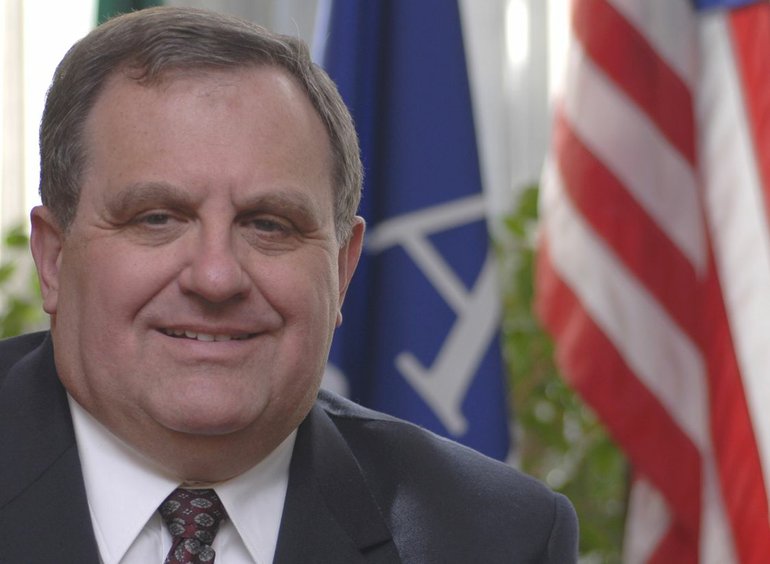The confrontation between Wisconsin Gov. Scott Walker and state employees has focused the nation’s attention on government unions.
With the Badger State facing a $137 million budget deficit and a projected $3.6 billion shortfall over the next two years, Walker wants public employees to contribute more to their health care and pension costs. He also wants to curb the power of public-sector unions, a move that has ignited massive protests across the nation, even in states like Washington, where no such effort is being considered.
Union leaders say the demonstrations are a show of solidarity and a warning that the Wisconsin conflict could spread to other states. They’re right to be concerned. Similar bills are being considered in Ohio, California and other states as lawmakers struggling with massive deficits must decide between gutting crucial programs or slashing the cost of public employee contracts.
A USA Today analysis of 2009 figures shows that public employees earn higher average pay and benefits than private workers in 41 of 50 states. In California, the difference is almost $8,000, and in Rhode Island and Nevada, it’s a whopping $17,000. In our state, it is a relatively modest $532. Other studies have shown that the real advantage for public workers is in their health benefits and pensions.
An analysis by the Seattle Times shows that’s the case here in Washington. The state work force hasn’t suffered layoffs to the same degree as private-sector workers, public employees have better health benefits, and 92 percent of state employees are enrolled in employer-paid retirement plans, compared with 39 percent in the private sector.
Change may be afoot
Public-sector unions are different than the unions that sprang up in the 1920s and 1930s to fight for better working conditions and wages in America’s factories. Today’s public-sector unions are largely suburban and white collar. But the main difference is they help “hire” their own bosses through political contributions — the same bosses who then must negotiate contracts with the people who helped put them in office.
CBS News reported that the American Federation of State, County & Municipal Employees was the nation’s biggest political spender in the 2010 elections, contributing $87.5 million to Democrat candidates. Critics argue that taxpayers are essentially footing the bill for these contributions because they come from union dues in government salaries paid for by state budgets. Ironically, that means taxpayers are paying for efforts that lead to more benefits, bigger budgets and higher taxes.
But things may be changing. Increasingly, taxpayers are chafing at providing better benefits for state workers than they, themselves, enjoy. And governors and state legislatures are scrambling to fill billion-dollar budget gaps.
When Indiana Gov. Mitch Daniels took office six years ago, he rescinded collective bargaining rights for state employees and implemented merit pay. According to The Wall Street Journal, Daniels slashed the state work force and turned a $600 million deficit into a $370 million surplus in one year. Indiana currently has an $800 million surplus.
Public-sector unions can prevent such all-out assaults by helping rather than hindering the process. For example, here in Washington, legislators passed a law allowing state services to be contracted out to private companies, but the process is essentially controlled by state employee unions, so it goes nowhere.
That’s not real reform.
The bottom line is this: There is no money. Business as usual is not an option. Rather than stand at the barricades fending off change, public-sector unions should use their experience and talents to help make government more efficient, effective and affordable.
That’s a solution that works for both the private and public employees.
Don Brunell is president of the Association of Washington Business, Washington state’s chamber of commerce. Visit http://www.awb.org.



